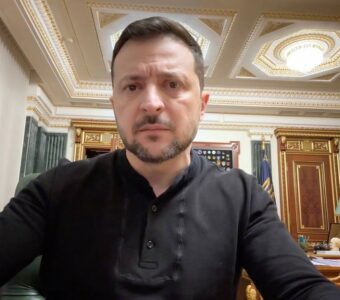Solutions from Ukraine: Ukrainian school for refugees ranks top 3 in World Best School Prizes
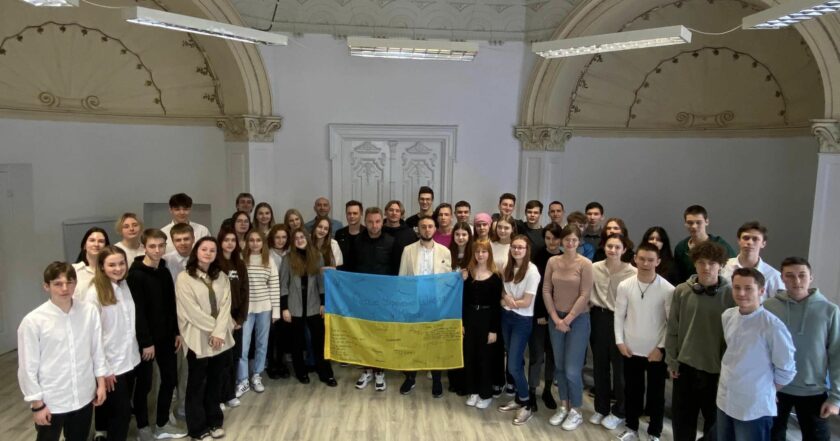
Photo: Unbreakable Ukraine Foundation
The "First Ukrainian School" in Poland for Ukrainian schoolchildren displaced due to Russia's war was recognized as one of the top three schools in the "Overcoming Adversity" category by the World Best School Prizes. This award, which has been running annually since 2022, receives thousands of applications from over 100 countries as schools strive to showcase their positive impact on society and vie for a $10,000 grant. The school's focus on the issue of education accessibility for refugees is highlighted through their activities as they work towards finding solutions for this problem.
The press service of the Unbreakable Ukraine Foundation reported that.
What is the problem?
Based on findings from the Polish non-profit organization Centrum Edukacji Obywatelskiej, it is estimated that there are potentially 298,000 school-aged refugees from Ukraine living in Poland. Out of this number, 134,000 students were enrolled in local schools by the end of the 2023/24 academic year. However, it is concerning that approximately 160,000 students are still unaware of their educational options and remain out of school.
These students have two options: either attend online classes in Ukrainian schools or not study at all. As a result, the Polish government has implemented a mandatory school attendance policy for all Ukrainian students starting September 2024. Those not registered at a local school will not receive social benefits and may also face fines if caught.
However, as early as 2022, when thousands of Ukrainian students arrived in Poland, they still encountered some barriers to education that had not yet been fully resolved. These obstacles may have included:
- bullying,
- difficulty with language that hindered their ability to grasp knowledge fully,
- and a shortage of school spaces in smaller towns and villages.
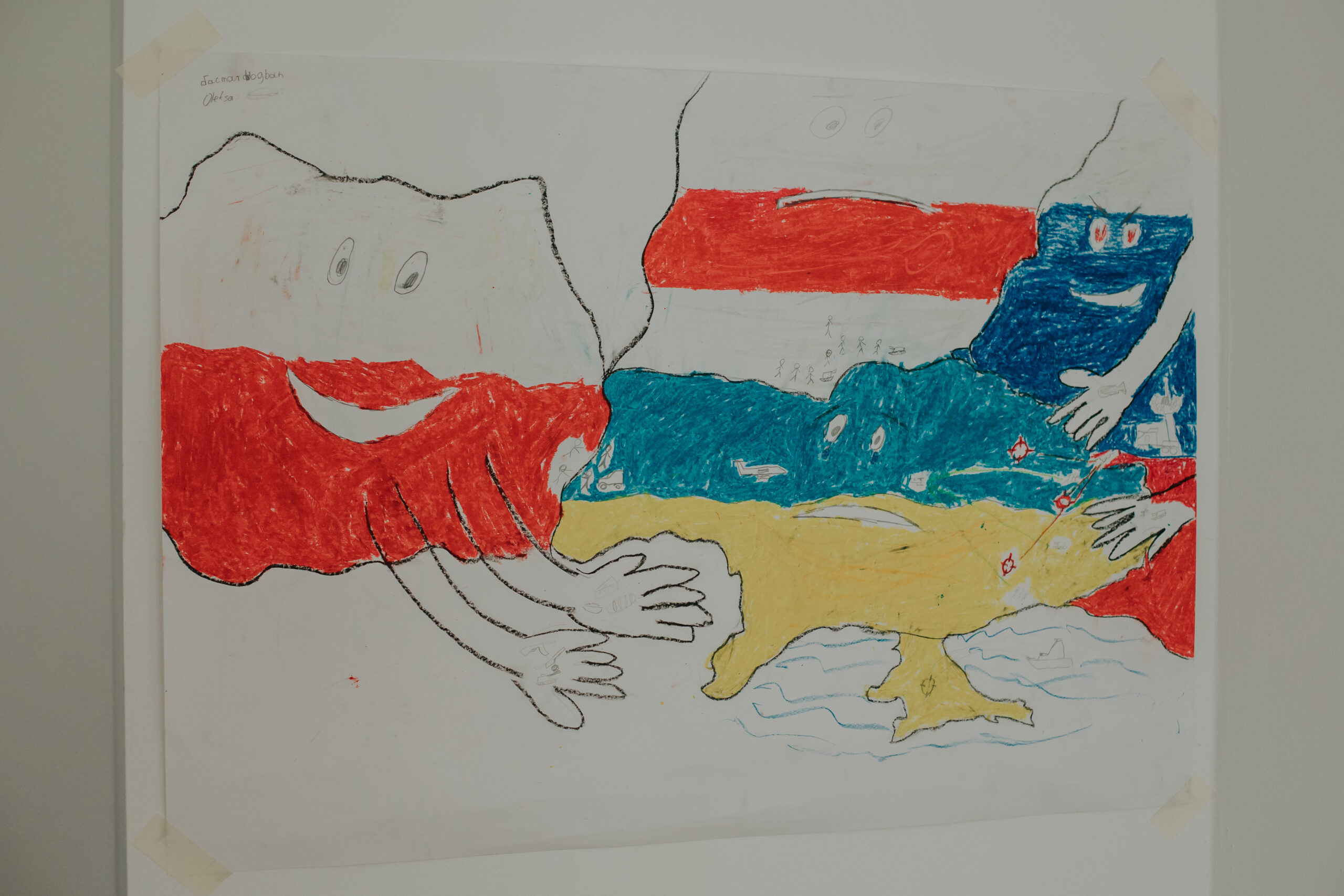
Photo: Unbreakable Ukraine Foundation
The Polish government has implemented measures to make it easier for students to access education. As a result, Ukrainian students can now take additional Polish language classes, and schools have opened positions for intercultural assistants and preparatory departments. However, these measures cannot be fully implemented due to limited resources during this unpredictable crisis. For instance, funding for the employment of intercultural assistants may not become available until January 2025, when the new budget is approved. It is also uncertain whether there will be enough applicants to fill these positions due to lower wages than teachers.

Photo: Unbreakable Ukraine Foundation
What is the solution?
The "First Ukrainian School" ideologues in Poland aimed to establish a transitional school where students could restore their mental well-being and adjust to a new country and language at their own pace without facing any educational setbacks. This institution has been running for three years now, and in the 2024 academic year, out of the 160 graduates, more than 150 were admitted to Polish universities. Additionally, between 30% to 50% of students successfully transfer to Polish schools every year.

However, the student population remains consistently stable at around 1,500, as the demand for a transitional school continues due to the continued arrival of new refugees and the unsuccessful experiences of some students in Polish educational institutions.
The "First Ukrainian School" opened in Poland during the sixth week of the full-scale invasion. It was a refuge for students evacuated from the East of Ukraine, Mariupol, and Bucha. Refugee teachers, who had also suffered losses in the war, were invited to work at the school and found meaning in educating Ukrainian children.
This year, in addition to deeply studying the language, students are also introduced to subjects of the Polish curriculum at the school and enrolled in both education systems.

Photo: Unbreakable Ukraine Foundation
How does it work?
Three refugee school branches were established from scratch in March 2022 in the following cities:
- Warsaw,
- Krakow,
- Wroclaw.
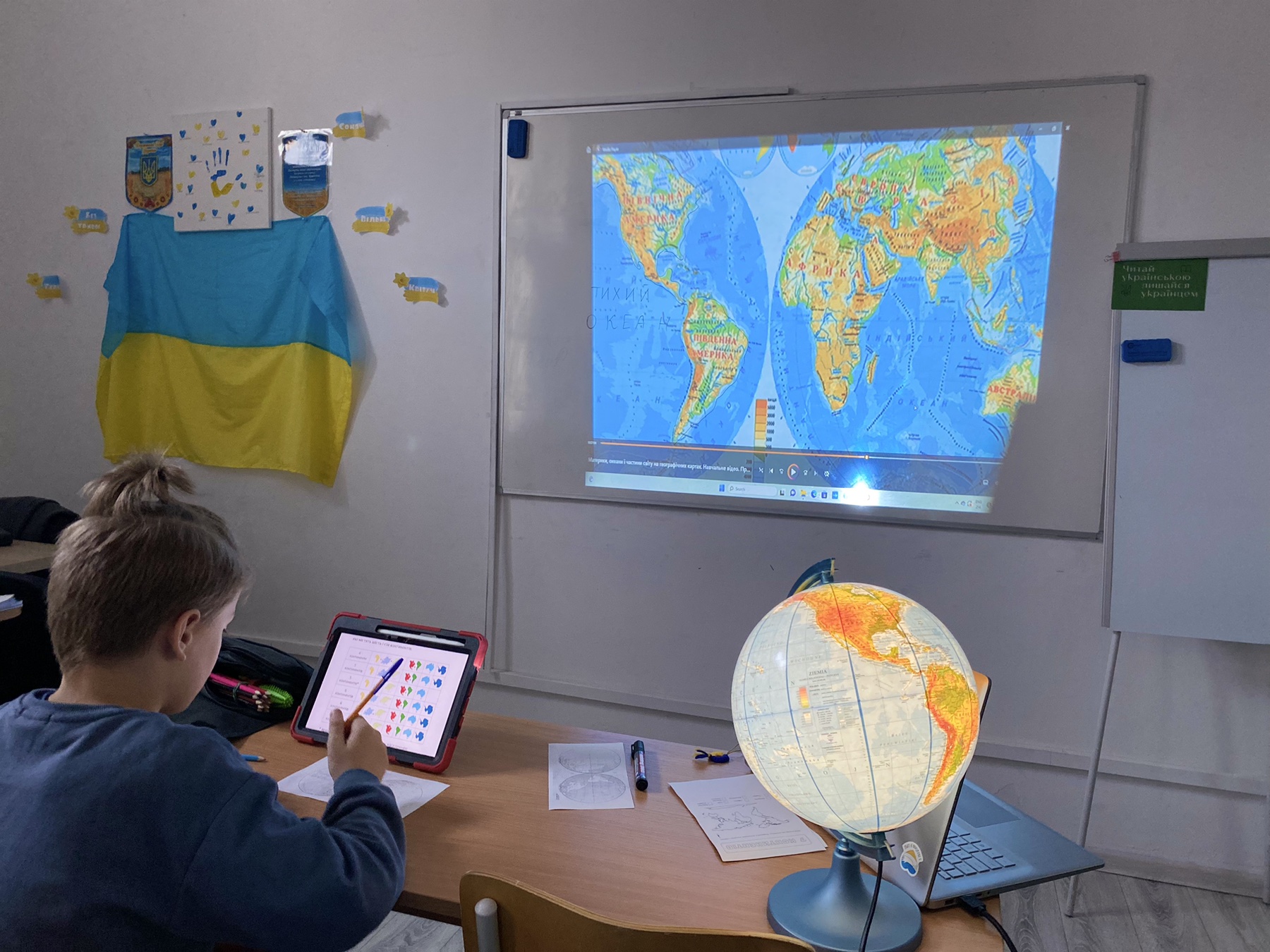
Photo: Unbreakable Ukraine Foundation
The school lacked physical resources or access to city facilities, so its Ukrainian leader, Viktoriia Osadcha, created the Unbreakable Ukraine Foundation with others who shared her beliefs to gather resources for educating refugees.
The team promptly located and converted non-traditional spaces for three institutions with 500 students each. For instance, in Warsaw, they transformed a wing of a shopping center into a business facility; in Wroclaw, they repurposed the former office space of an IT company; and in Krakow, the facility is situated in a building designated initially for educational purposes.
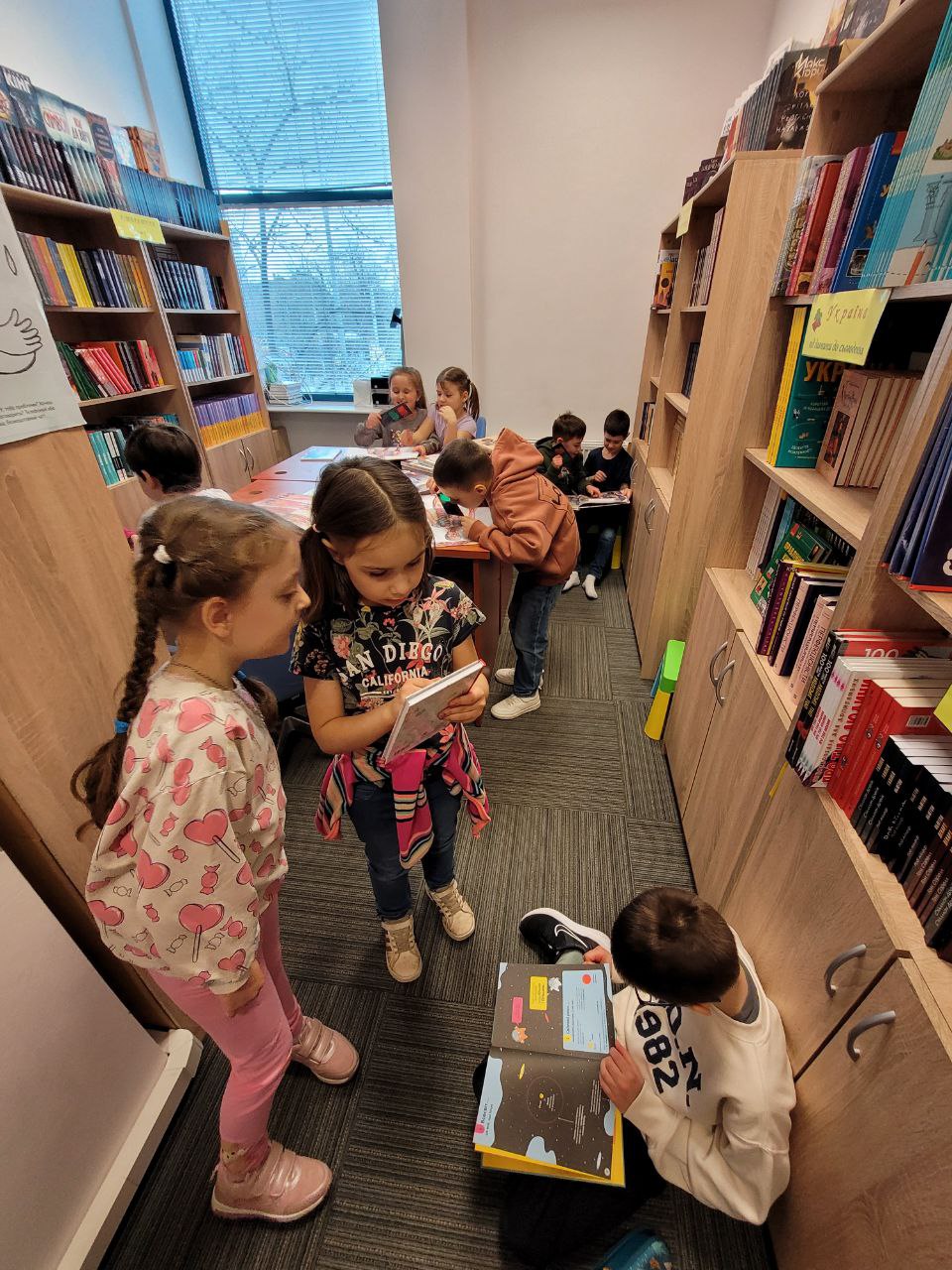
Photo: Unbreakable Ukraine Foundation
The team searched the Polish market for free items, contacting other schools, banks, and IT companies to donate their old furniture. School staff and teachers were actively involved in delivering, transporting, assembling desks, and making necessary repairs.
The Unbreakable Ukraine Foundation contacted UNICEF, Save the Children International, and CARE Poland for support and successfully secured funding for the seamless integration of Ukrainian schoolchildren in Poland.
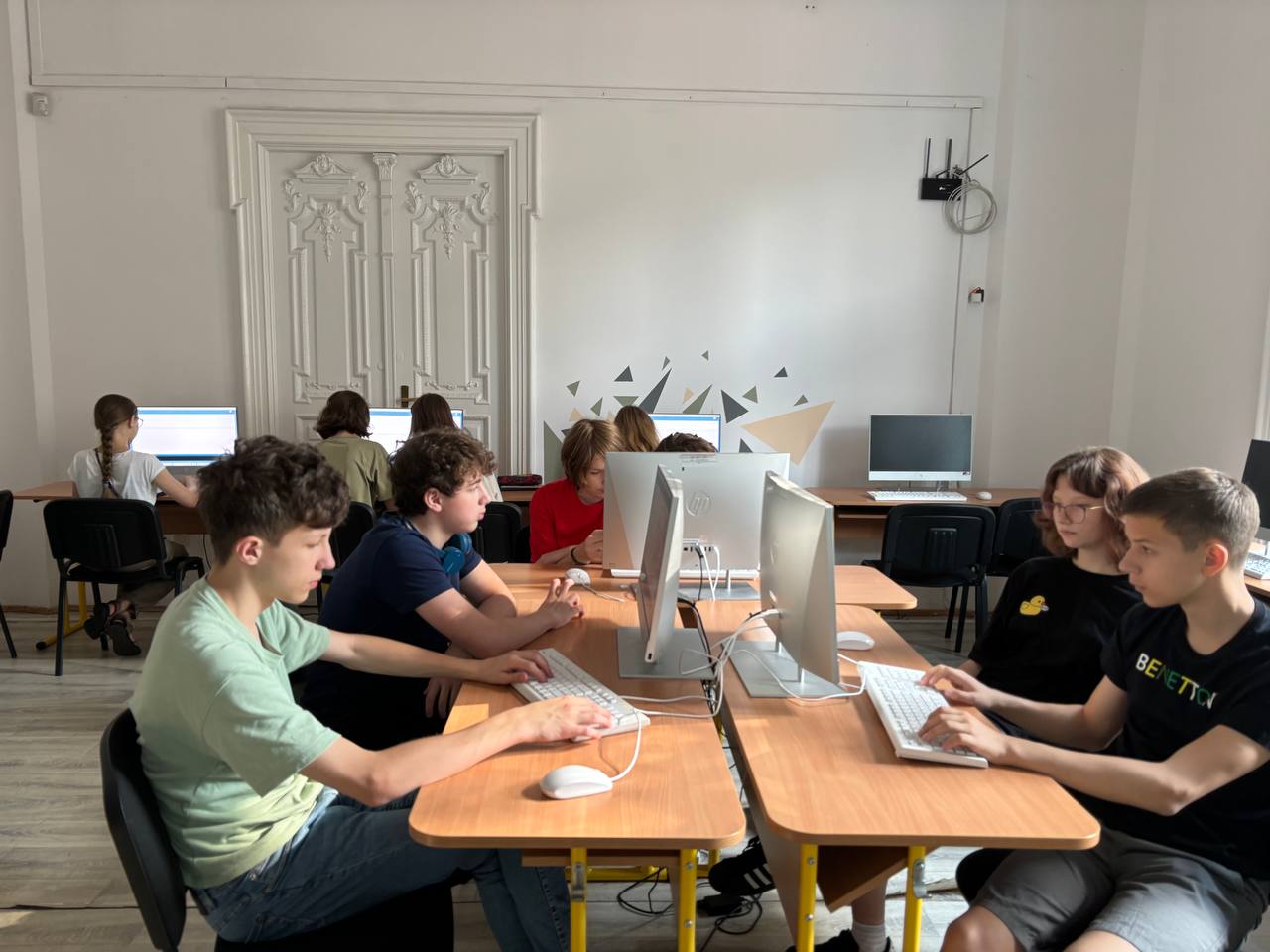
Photo: Unbreakable Ukraine FoundationStudents delve deeply into studying foreign languages and follow the European approach. As a result, teachers incorporate binary lessons, integrating English or Polish with science subjects and math with geography. They also instruct on robotics and conduct STEM experiments.

Photo: Unbreakable Ukraine Foundation
High school students receive various career guidance, specifically in the creative economy. They can meet with professionals such as writers, testers, doctors, lawyers, and tattoo artists. Rather than traditional classroom instruction, individualized supervision provides personalized support to each student.
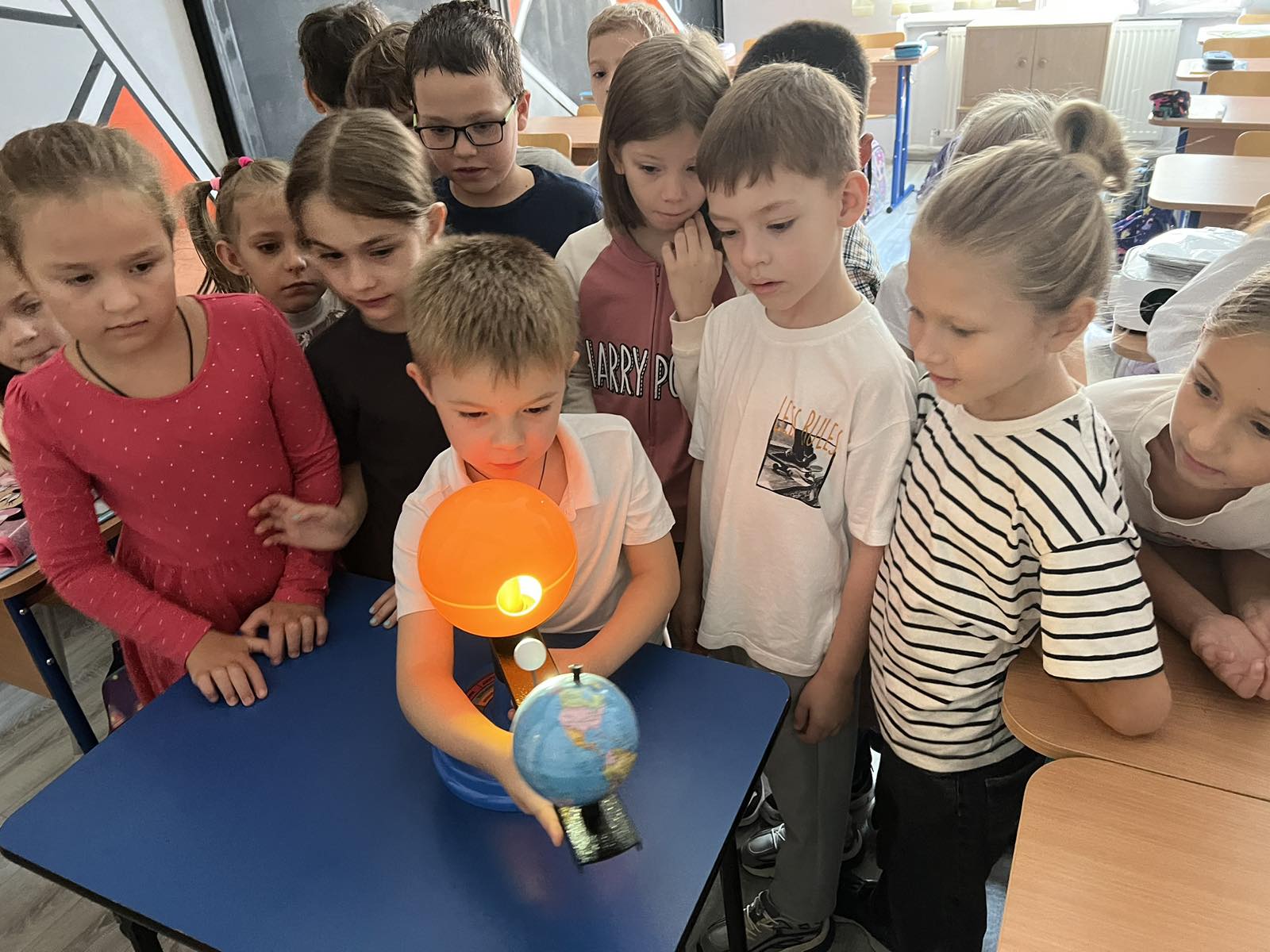
Photo: Unbreakable Ukraine Foundation
School life goes beyond just studying. The school libraries have reading clubs with a collection of two thousand books each. Renowned musicians, journalists, and other prominent figures often visit the school. Students take the initiative to organize extensive charity fairs and other events. The school's event calendar aligns with Ukrainian traditions, such as honoring Vyshyvanka Day, participating in the national unity radio dictation, and celebrating Independence Day.
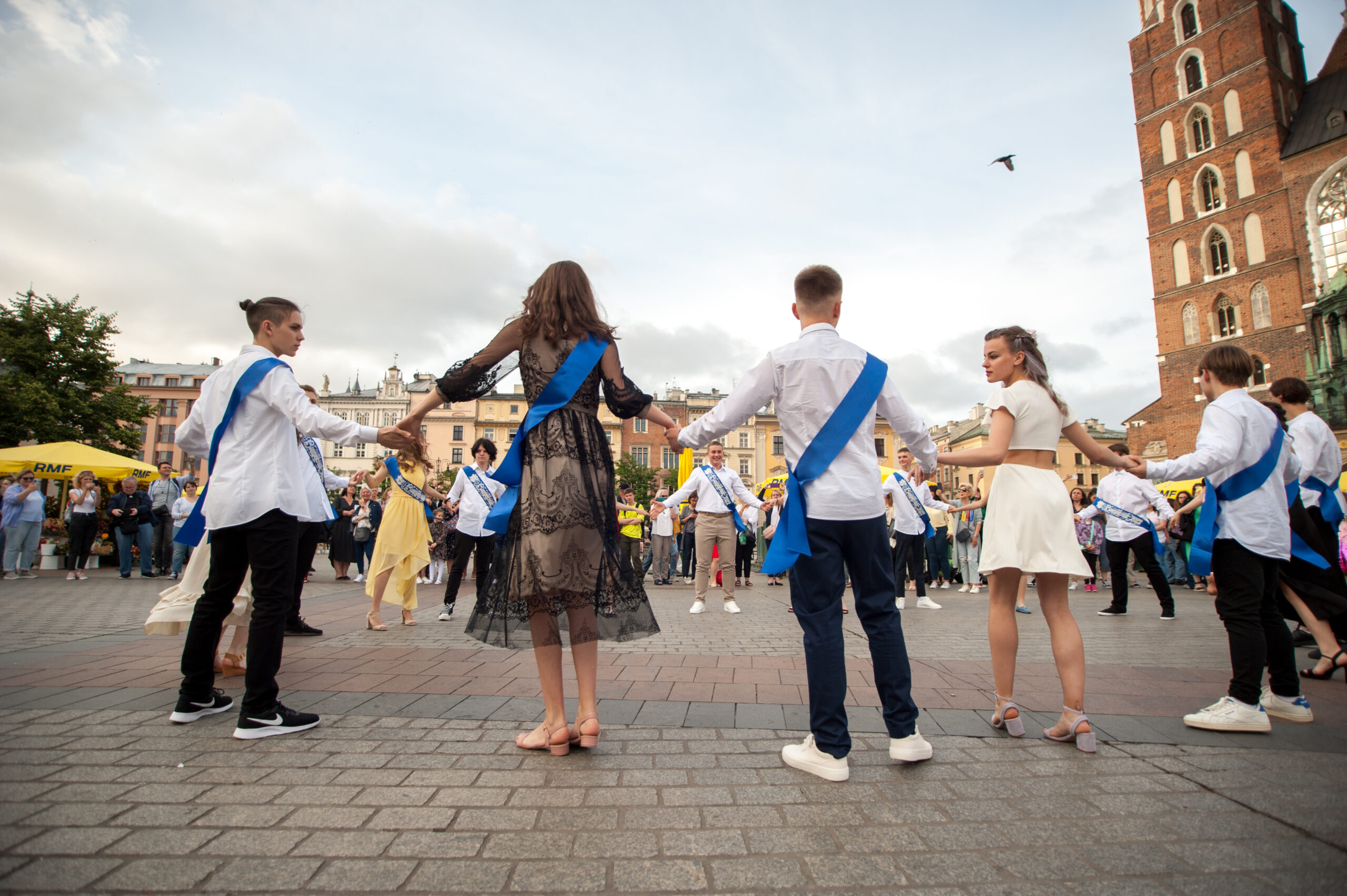
Photo: Unbreakable Ukraine Foundation
This year, the school formed partnerships with Polish educational institutions. Thanks to these agreements, students can enroll in the education systems of both countries, study the Polish curriculum, and fulfill the newly implemented school requirements in Poland.

Photo: Unbreakable Ukraine Foundation
Thanks to its unique approach, the school has gained recognition as one of the most successful institutions in overcoming educational challenges. As a result, it was selected as one of the top three schools in the "Overcoming Adversity" category for the World Best School Prizes. The top five schools worldwide will now compete in the final round, with one school being chosen for each of the five award categories.
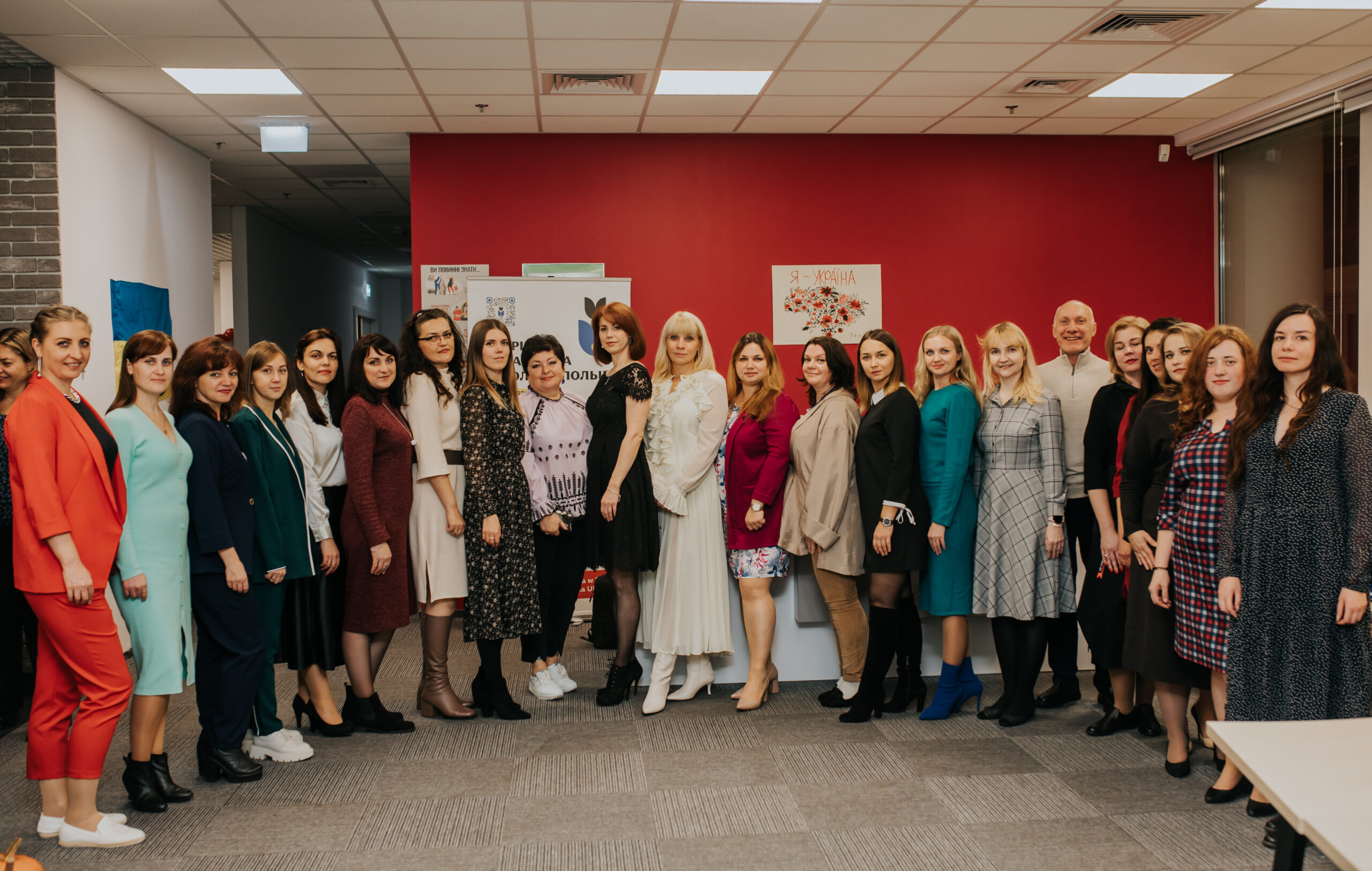
Photo: Unbreakable Ukraine Foundation
The recipients and runners-up of the World's Best School Award will receive an invitation to the World Schools Summit in Dubai, UAE, on November 23-24. This event will gather esteemed global leaders in the education field.
For reference:
It should be noted that graduates of Polish schools will take an exam in the Ukrainian language. The country's Ministry of Education has already made a relevant decision.

"There are no other people's children": Uzhhorod teacher addresses challenges faced by IDP preschoolers

"I knew that there would be a full-scale war for two reasons." How a school village teacher started to defend our history at the front




